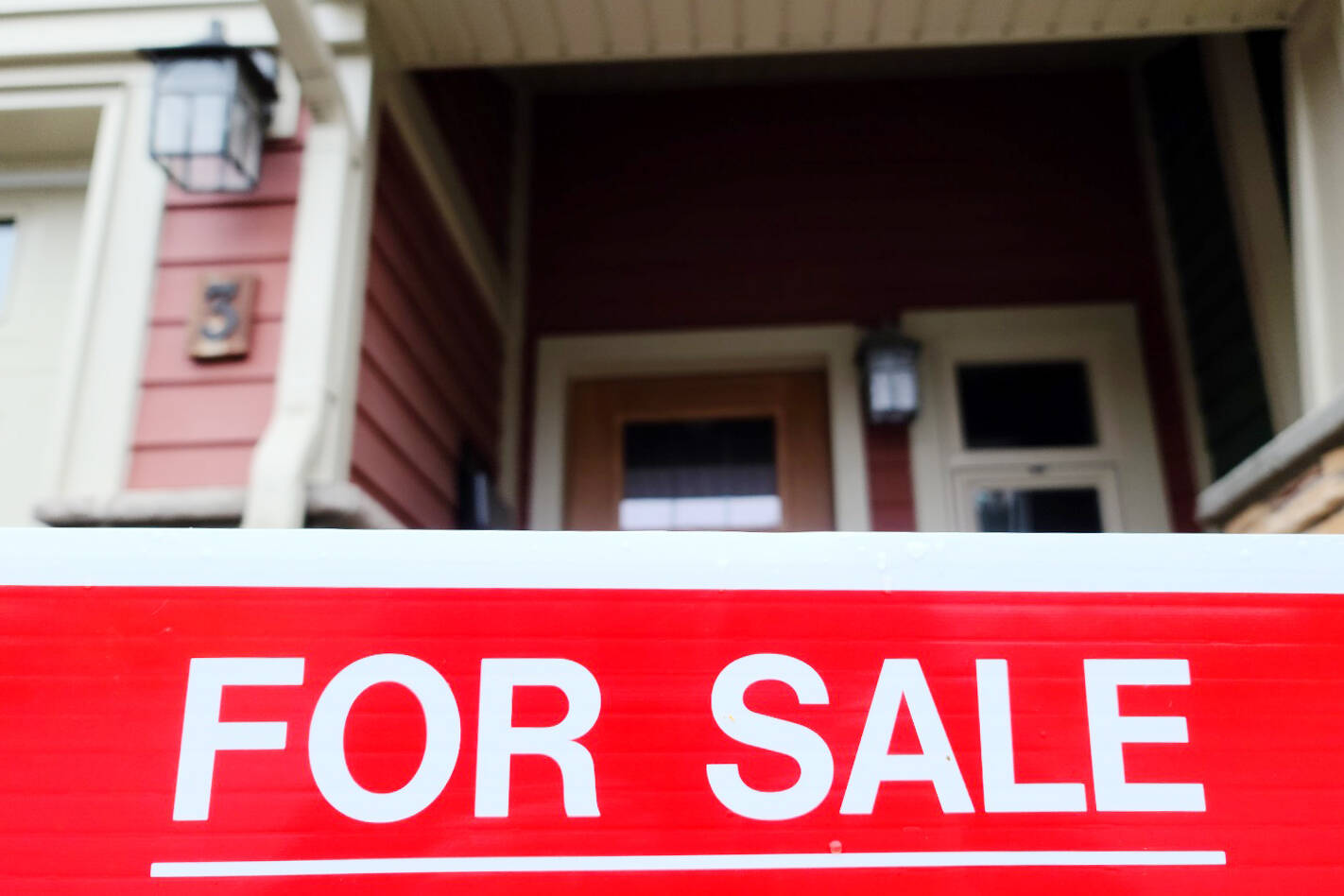Housing in B.C. would become more affordable if governments were to charge a small annual property surtax of between 0.2 and one per cent on homes valued above $1 million, according to a new study from a housing advocate.
UBC’s Paul Kershaw of Generation Squeeze proposes the surtax as an alternative to eliminating the homeownership tax shelter, which has exempted increases in the value of principal residences from taxation since 1972.
This tax shelter not only amounts to the largest housing subsidy in Canada, costing Ottawa $10 billion and the provinces $5 billion annually in foregone revenue, it has also encouraged Canadians to bank on rising housing prices, leading to the commodification of real estate.
“Anytime you shelter something from taxation, you incentivize somebody to say, ‘I’m going to commodify that,’” he said. “In other words, the homeownership tax shelter fuels British Columbia’s and Canada’s cultural addiction to high and rising home prices,” he added. This addiction, in turn, has led to the decoupling of home prices and wages, with wages unable to keep up with rising home prices.
But it would be very difficult to eliminate this tax shelter after more than 50 years of existence. Kershaw instead proposes what he called a “tax shift” on homes valued above $1 million.
“Tax more the things you want less of — like unhealthy home prices,” he said.
Either the federal or provincial governments would collect the tax. About 90 per cent of Canadians would find their homes exempted, including all rental properties. Owners of homes above $1 million could defer payment of the surtax until the time of sale or inheritance.
Revenues raised through this surcharge could be used to lower taxes for middle and lower-income earners; build affordable housing; or invested into health care for Canada’s aging population among other options, Kershaw said. People paying the tax would still keep most of the windfall, but help others along the way, Kershaw added.
RELATED: B.C. government’s new housing plan ‘ambitious’ but critics call for clarity
RELATED: B.C. unveils new ‘Homes for People’ plan with goal of 108K new houses, apartment units
Renters should cheer this proposal because the system currently treats them as “second-class citizens,” Kershaw said. It would also allow them to build up wealth themselves, either by way of tax breaks or lower housing costs, he added.
“We definitely need to stall home prices,” he said.
Kershaw said research has shown support for the proposal across geographic, political and demographic lines.
Overall, 62 per cent of surveyed Canadians support “implementing a modest surtax paid by Canadians who own homes valued above $1 million.” This said, support drops to 49 per cent in British Columbia and Ontario, where roughly 25 per cent of households own homes valued above $1 million. But Kershaw also points out 57 per cent of million-dollar homeowners – the only people who would have to pay more – support the proposed levy if it is described as a “modest price on housing inequity.” Their support drops to 15 per cent when it is described as a “surtax.”
The framing, in other words, matters and Kershaw is critical of politicians including Premier David Eby, who has routinely blamed high housing prices on investors, speculators and bankers, while harming ordinary British Columbians.
“But that is just factually absolutely inaccurate,” Kershaw said. “Because the majority of British Columbians are homeowners, so British Columbians get richer when their home values go up, exactly as I described. I gained $1 million in the last four years. I’m not harmed by that. I’m made richer. So a little bit to your point, the political class is sometimes misrepresenting who benefits and who is harmed by high and rising home prices because it is convenient for them.”
This said, Kershaw said the political upside of this “laser-focused” proposal on the most affluent homes is high.
“Given that a majority of Canadians support that idea, there is actually a lot of public support for politicians of all parties to chase, especially if they start talking about how to use the resources to do things that matter.”
B.C.’s Ministry of Finance deferred questions about the homeownership tax to the federal government in a statement that touted past measures, including a past tax hike on the top two per cent of income earners to help pay for the health care and housing people need, the introduction of the Speculation and Vacancy Tax, and the Additional School Tax.
“Revenue from the Speculation and Vacancy Tax and Additional School Tax helps to support affordable housing initiatives and increase housing supply in British Columbia as well as supporting education services,” it reads. “Earlier this month, we released our updated Homes For People plan to deliver more homes for people in need in a shorter timeframe and build more vibrant communities throughout B.C.”
The federal Ministry of Finance said in a statement that it won’t introduce a tax on the equity of primary residences in Canada.
@wolfgangdepner
wolfgang.depner@blackpress.ca
Like us on Facebook and follow us on Twitter.

